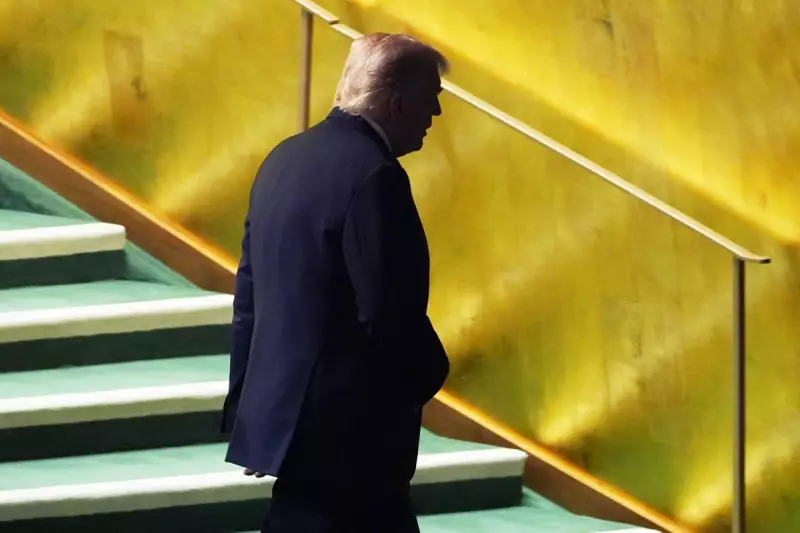
In a Manhattan courtroom, the legal team for former President Donald Trump presented an argument that seemed more suited to a political thriller than a criminal proceeding. Facing charges related to a "hush money" payment, Trump's lawyers suggested a unique reason he might not be able to attend his own trial: he could be in the remote Pacific archipelago of Palau.
The Unlikely Pacific Connection
The basis for this extraordinary claim lies with a key witness, Thomas Michael Mann. A former federal prosecutor, Mann is now the Special Prosecutor for the Republic of Palau, a nation in a "Compact of Free Association" (COFA) with the United States.
Trump's defence team contended that Mann's role as a government official for Palau made him effectively "unavailable" to testify, as he was beyond the court's subpoena power. They further argued that this unavailability could, in turn, impact Trump's own presence, potentially requiring him to travel to the islands.
A Swift Judicial Rejection
Justice Juan Merchan, presiding over the case, wasted little time in dismissing the argument. The judge pointed out the fundamental flaw in the defence's logic: even if Mann were truly unavailable, it would not justify delaying the entire trial or excusing Trump from attending.
This legal manoeuvre is seen by many observers as part of a broader strategy by Trump's team to delay the proceedings, the first of four criminal cases against the former president slated to go to trial.
Who is Thomas Michael Mann?
At the centre of this peculiar claim is Thomas Michael Mann himself. His career shift from the US Justice Department to a top legal role in a tiny Pacific nation of around 18,000 people is unusual. The COFA agreement allows for citizen movement and US economic assistance, but its invocation in a New York criminal trial marks a novel legal interpretation.
The prosecution firmly opposed the delay, emphasising the public interest in a timely trial. With the start date now set for 15 April, the Palau argument has been shelved, but it adds another layer of intrigue to an already historic case.





